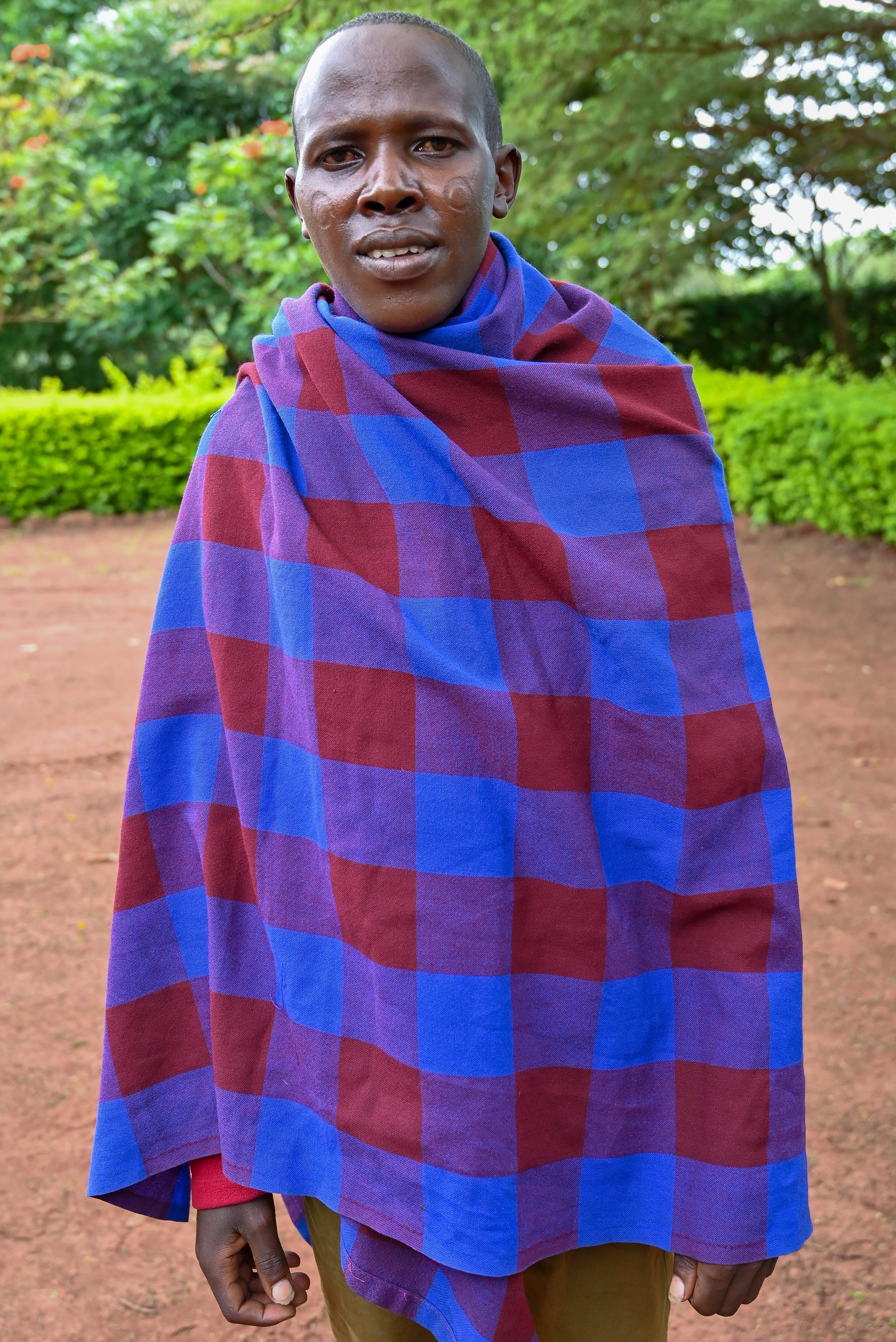Koinet* is a three-year-old boy living in a village within Ngorongoro, situated a considerable 100 miles away from the FAME. While herding goats with his cousins, Koinet began to cry out in distress, complaining that his head hurt. His concerned cousins swiftly brought him home, where his mother made him soup and put him to sleep. However, by the next day, Koinet suffered a raging fever and an alarming loss of consciousness. Fearing for her child's life, his mother wasted no time and rushed him to the local clinic. Seeing Koinet’s worsening condition, the doctor asked the mother to bring Koinet to FAME as quickly as possible, recognizing that the young boy's ailment was far beyond their capacity to treat.
“I started crying hysterically when the doctor told me to transport Koinet to FAME urgently due to the severity of his condition. The doctor explained it was a considerable distance to FAME and in order to arrive in time, an ambulance was our only option. The local clinic had no ambulance, so we had to call the nearby town to see if we could get one. I suddenly became so overwhelmed and fainted. I was going in and out of consciousness. Luckily, the doctor knows my family well and sent someone home to ask them to come and assist me. Thankfully, my sister-in-law arrived and, with Koinet, set off in an ambulance towards FAME. I remained at the local clinic, receiving medical care.”
Once at FAME, the doctors sent Koinet for some tests in FAME’s laboratory and diagnosed him with a severe case of measles that had caused an inflammation of the brain. He was admitted to the inpatient ward and started on a course of treatment that would span three challenging weeks.
“Once I could understand what was happening and that Koinet had been admitted at FAME, I refused to see him. Maybe it was selfish, but I didn’t have the strength to see him in that vulnerable condition, especially because he is always so energetic! My family was supportive and my sister-in-law stayed with him while my brother visited them often. After two weeks, they called to say that Koinet was much better and even though he would need an extra week at FAME, the doctors were confident of his recovery. It was then that I mustered the courage to visit him and what a relief it was! He looked much better than the last time I had seen him.”
Koinet and his mother spent the last week together at FAME and were happy to go home after being given a clean bill of health.
“God walks in this place! I am so thankful to FAME for saving my child’s life. It’s a miracle that he is alive! He is returning to his usual self and I’m very excited to take him home. I am so happy! This was the first time he had ever had to sleep in a hospital, so I was scared. But FAME took very good care of him. A follow-up visit in five days is scheduled and I have learned to be more alert and watch for signs of when he’s falling sick! I have five children and am not always attentive to them, but I will be from now on.”
FAME provides the measles vaccine in our under-5 vaccination program. The result is relatively few cases of measles coming through our hospital doors. In 2022, FAME recorded no cases of measles, while in 2023, there have been four cases thus far, all in children under 10 years of age. Two children, Koinet being one, required hospitalization while the other two could be treated in our outpatient clinic.
*The patient’s name has been changed to protect his privacy and permission was secured to share their story. The quotes from this interview have been translated from Maasai to English.

















